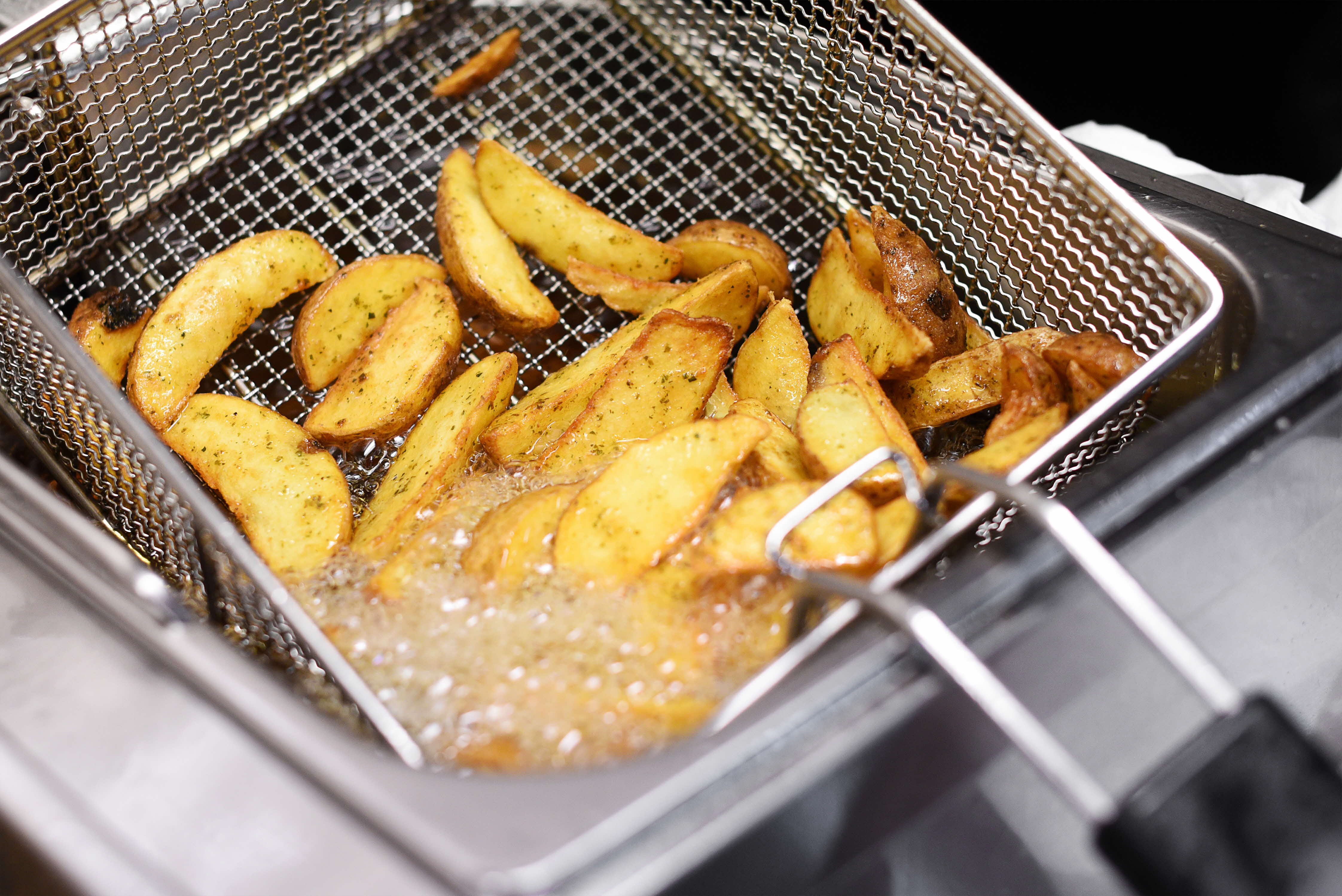Summary
|
Singaporeans love eggs - it is one of our most commonly consumed foods. Did you know that in 2021, the average person in Singapore consumed about 390 eggs? In order to meet this strong demand, we tap on our local egg farms, while sourcing from other countries near and far.
Satisfying Singapore’s appetite for eggs
Of the local produce we consume, eggs are the item we produce the most of in percentage terms. In 2019, local farms provided for 26% of our nation’s egg demand. This figure has since increased to 30%, and soon, local egg production will be able to meet about half of Singapore’s demand for eggs when our fourth egg farm begins operations in 2024.

Singapore’s three egg farms currently account for around 30% of locally consumed eggs.
The growth of the local egg industry is important as local production remains a key food source and provides a buffer supply in the event of import disruptions.
However, the bulk of our egg supply comes from overseas - Singapore imports about 70% of our eggs. This makes us highly vulnerable to food supply disruptions that can arise from many causes, including climate change, poor yields, disease outbreaks and geopolitical developments.
We are no stranger to supply chain disruptions especially over the past three years, as Singapore navigated through disruptions such as Covid-19 lockdowns and more recently, Malaysia’s chicken export ban in 2022.
Fortunately, good planning and preparation enabled us to come away relatively unscathed. Nevertheless, these incidents serve as a timely reminder that issues of food supply resilience cannot be taken for granted.
Don’t put all your eggs in one basket
The egg industry in Singapore is an excellent illustration of how being prepared for uncertainties and staying resilient and adaptive can help us tide through supply disruptions.
To ensure that we have a stable and safe supply of eggs, Singapore began actively diversifying our egg supply sources several years ago. From 12 accredited egg import countries in 2019, we increased this number to 17 in 2022, with Brunei as the latest addition.

Minister for Sustainability and the Environment Grace Fu visiting Brunei’s Golden Chick Livestock Farm in December 2022. Brunei is the latest country to be accredited by SFA for egg imports. PHOTO: MSE
As a move to strengthen our diversification strategy, Singapore has over the years reduced our reliance on a single source country. For instance, the number of eggs exported to Singapore from Australia, Poland, Ukraine and Thailand has steadily risen from 2% in 2019 to 19% in 2021. Such efforts help to cushion the impact of disruptions from any single source.

Part of Singapore’s egg source diversification strategy includes reducing the reliance of imports on a single country.
It takes a village
However, despite the government’s best efforts, the threat of disruption to our egg supply cannot be mitigated by one party alone. Everyone, from egg importers to food production companies, to consumers, can do their part to ensure that the country remains resilient in the face of disruptions.
SFA has been working closely with the industry to develop a more agile business mindset, and for companies to be prepared with business continuity plans (BCP). As of 2019, egg importers in Singapore are required to adopt BCPs as a licensing requirement. Such plans can include diversifying import sources, having retainer contracts, maintaining warm relationships with various sources, keeping buffer stocks, and embracing alternative forms of eggs such as liquid or powdered eggs.
.jpg?sfvrsn=71710f0a_0)
SFA has been actively raising awareness for alternative egg products such as liquid eggs by organising cooking demonstrations at food fairs.
This way, when businesses hit roadblocks, they will be ready to respond with contingency plans.
For businesses in food services, this could mean introducing liquid eggs into their recipes which could also remove the risk of contaminated eggshells as liquid eggs are pasteurised to eliminate salmonella and other micro-organisms. For importers, expanding their business model to include importing or processing alternative products such as liquid eggs could be an option.
Through the introduction of BCPs, SFA hopes to help the egg industry become more agile and prepared for emergencies, in order to strengthen our country’s food resiliency. We will continue to actively seek and accredit new import sources that meet our food safety standards, so as to provide licensees with more import choices. We will also facilitate link-ups between industry players, such as egg importers, hotel and F&B operators, and supermarket chains. Where possible, we also help match our licensees with potential new business partners through overseas sourcing trips.
The industry, too, can play its part by staying agile: ready to deal with unforeseen changes and disruptions by adopting appropriate measures to mitigate against food supply disruption risks. Because together, we stand stronger against the challenges we face.
What about us as consumers? Consumers too can play a part in bolstering our food security. Here are two ways that you can help:
|



